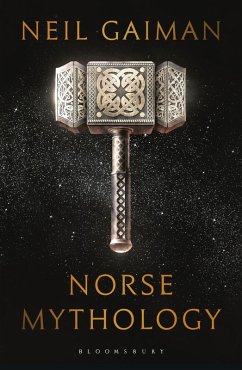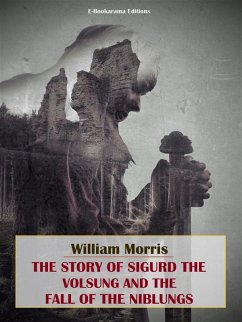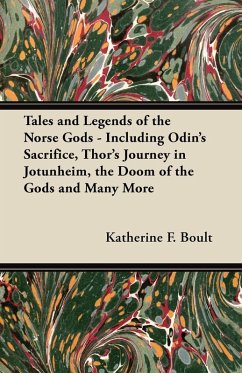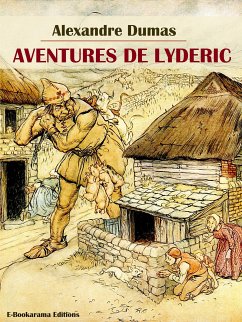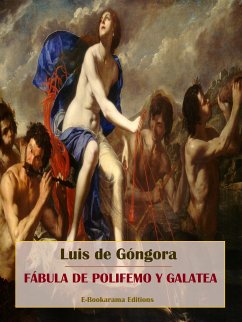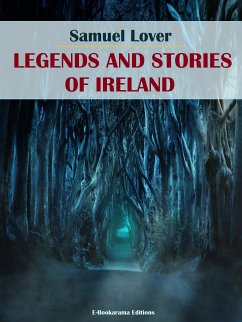
The Vikings of Helgeland (eBook, ePUB)
Versandkostenfrei!
Sofort per Download lieferbar
1,99 €
inkl. MwSt.
Weitere Ausgaben:

PAYBACK Punkte
1 °P sammeln!
Written in 1857 and first performed in 1858, "The Vikings of Helgeland" is Henrik Ibsen's seventh play based on the old Norse sagas. The plot takes place during the time of Erik Blood-axe (c. 930-934) in the north of Norway in historic Helgeland, a time in which Norwegian society was adjusting from the tradition of Old Norse Sagas to the new era of Christianity. "The Vikings of Helgeland" tells the tragedy that occurs after the arrival of Ornulf, who with his seven sons is seeking his daughter, Dagny, and foster-daughter, Hjordis, who were abducted and married by Sigurd and Gunnar, respectivel...
Written in 1857 and first performed in 1858, "The Vikings of Helgeland" is Henrik Ibsen's seventh play based on the old Norse sagas. The plot takes place during the time of Erik Blood-axe (c. 930-934) in the north of Norway in historic Helgeland, a time in which Norwegian society was adjusting from the tradition of Old Norse Sagas to the new era of Christianity. "The Vikings of Helgeland" tells the tragedy that occurs after the arrival of Ornulf, who with his seven sons is seeking his daughter, Dagny, and foster-daughter, Hjordis, who were abducted and married by Sigurd and Gunnar, respectively...
Dieser Download kann aus rechtlichen Gründen nur mit Rechnungsadresse in A, B, BG, CY, CZ, D, DK, EW, E, FIN, F, GR, HR, H, IRL, I, LT, L, LR, M, NL, PL, P, R, S, SLO, SK ausgeliefert werden.





